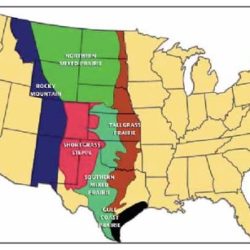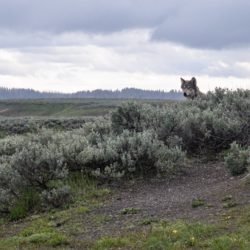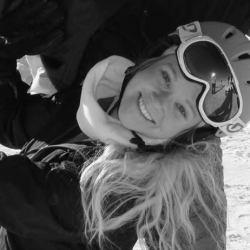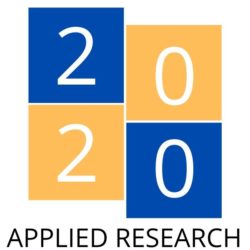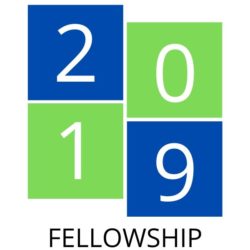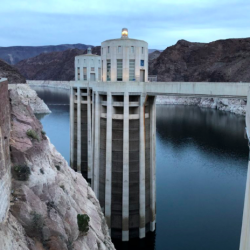Op-Ed: Don’t just cheer wildland firefighters as heroes. Give them affordable healthcare — James F. Puerini and Gerald Torres
James F Puerini, masters of forestry candidate, and Professor Gerald Torres have recently published an excellent op-ed focused on wildland firefighter’s access to healthcare. Please visit the link below to read their op-ed published in the Los Angeles Times. Op-Ed: Don’t just cheer wildland firefighters as heroes. Give them affordable healthcare — James F. Puerini Read more about Op-Ed: Don’t just cheer wildland firefighters as heroes. Give them affordable healthcare — James F. Puerini and Gerald Torres[…]


